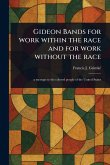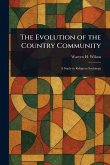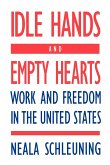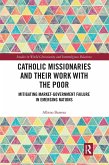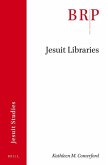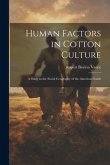"Empty Churches: The rural-urban dilemma" explores the challenges faced by community churches in a rapidly changing world. Authored by Charles Josiah Galpin, this study examines the impact of urbanization on rural religious life and the decline of church attendance in rural areas. A seminal work in rural sociology, this book delves into the complex relationship between community, faith, and societal shifts. Galpin's analysis provides insights into the enduring problem of church decline amidst the rise of urban centers, offering a valuable perspective on the sociological forces shaping religious institutions. This meticulously prepared print republication makes this classic work accessible to those interested in the history of rural churches and the evolving landscape of religious communities. A key text for those studying the sociology of religion and rural sociology. This work has been selected by scholars as being culturally important, and is part of the knowledge base of civilization as we know it. This work is in the public domain in the United States of America, and possibly other nations. Within the United States, you may freely copy and distribute this work, as no entity (individual or corporate) has a copyright on the body of the work. Scholars believe, and we concur, that this work is important enough to be preserved, reproduced, and made generally available to the public. We appreciate your support of the preservation process, and thank you for being an important part of keeping this knowledge alive and relevant.
Bitte wählen Sie Ihr Anliegen aus.
Rechnungen
Retourenschein anfordern
Bestellstatus
Storno



